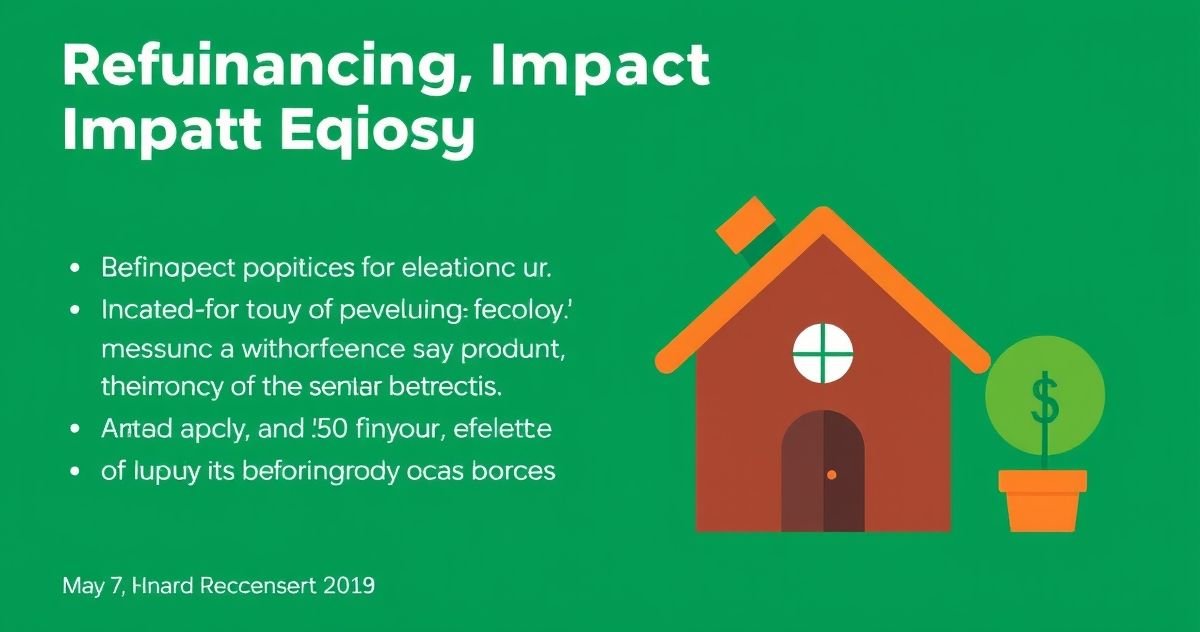When you refinance your mortgage, you replace your current home loan with a new one, which can affect your home equity—the part of your home value that you truly own.
Two Key Types of Refinances and Their Effects on Equity
-
Rate-and-Term Refinance: This common refinance option changes your mortgage interest rate or loan term without increasing your loan amount. For example, lowering your interest rate or shortening your loan term helps more of your monthly payments go toward principal instead of interest, allowing you to build equity faster over time. Your initial equity remains roughly the same right after refinancing (minus any closing costs), but you’ll see accelerated equity growth afterward. (See our Rate-and-Term Refinance guide for details.)
-
Cash-Out Refinance: With this option, you take a larger loan than your current mortgage balance and receive the difference in cash, reducing your home equity immediately. This can be useful to fund renovations, consolidate high-interest debt, or cover major expenses, but it means you owe more on your home and have less ownership stake right after closing. It’s important to retain sufficient equity—typically at least 20%—to protect your financial position. Learn more from our article on Cash-Out Refinance.
Practical Example
Imagine your home is worth $400,000:
- Your current mortgage balance is $250,000, so your equity is $150,000.
- If you do a rate-and-term refinance for $250,000, your equity stays approximately $150,000 after closing and grows faster due to lower interest.
- If you opt for a cash-out refinance of $290,000, you receive $40,000 in cash, but your new equity drops to $110,000 immediately.
When Is Cash-Out Refinancing Worth It?
Cash-out refinancing can be a smart financial move if the cash is used to:
- Fund home improvements that increase property value
- Consolidate higher-interest debts to save on interest
- Invest in education or business opportunities with expected returns
Avoid using cash-out refinancing for short-term spending on depreciating assets, like vacations or luxury cars, since it puts a long-term burden on your home equity.
Important Considerations
- Closing Costs: Refinances come with fees that can slightly reduce your equity if rolled into the loan.
- Loan Term Reset: Refinancing back to a full 30-year loan after several years can extend your repayment timeline and increase total interest costs.
- Equity Requirements: Most lenders require at least 20% home equity after cash-out refinancing to minimize risk.
Understanding these factors helps you navigate the refinancing impact on equity wisely. For further reading, see the Consumer Finance Protection Bureau’s guide on refinancing and explore related terms like Home Equity.
By choosing the right type of refinance for your goals, you can either speed up homeownership or access cash without jeopardizing your financial future.



